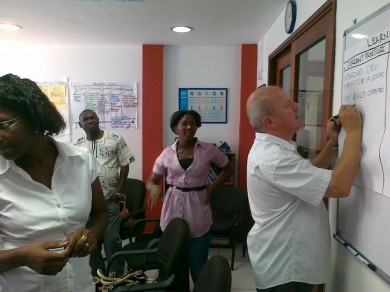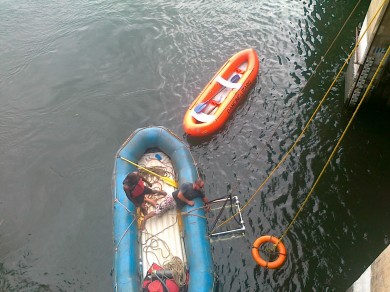Ever wondered how many types of consultancies exist in the business world? We may not have exhausted all of them, but here are the most popular type. The following show the categories that you can place a consultancy under.
Content:
This is consulting based on what you have to offer, that is to say, your experience. It is the most common category of consultancy, and most consultancies actually sprout from this to specialise in that skill that composed their once organisational life. For example, gift-wrapping, textile consultants.
Expertise:
Consultancies that fall under this category usually have a speciality, that is, they offer particular services only like strategic planning, or project management (evaluation and analysis). Their clients are the kind that are seeking for these services only, usually on a short-term or semi-short term basis.

Managing for Results (Quality Assurance) that involved assessment and analysis of systems employed by the Client on particular projects
Knowledge:
In this case, a client may choose a consultancy because of the level of understanding he possesses in a particular field. This is where Engineering Consultancy falls. As much as it appears technical, it is in fact based more on the understanding of the importance of time and decision making. In this light, expertise would be a subset of knowledge.

Interface is offering engineering services to Schlumberger, an International Oil Company with branches in Uganda
Behaviour:
This value added in very much interpersonal on an individualistic level. In simple terms, the consultant is hired to deal with groups of people in order to analyse behavioural change. Mediators and arbitrators are normally brought to mind in such cases since often times they have to deal with conflict resolution. Most times an individual is hired because of their proven ability to yield results through these group assessments and interviews.

Our team carried out interview sessions in Karamoja to determine the impact of radio penetration towards development
Special Skills:
This may also be on an individual level, and the consultant in question possess certain talents, or skills that can not be easily found. For example, diving inspection, image crafting consultants. They are highly specialised and may simply be employees in a consultancy firm or offer services individually on a consultancy basis.

Nalubaale Dam Inspection where a team of diving experts from Bridgezone Ltd UK were hired for this particular job, the client being ESKOM Uganda
In summary, for a consultancy to develop into a successful endeavour, she must identify the market need, prove her competency and nurture her passion.


